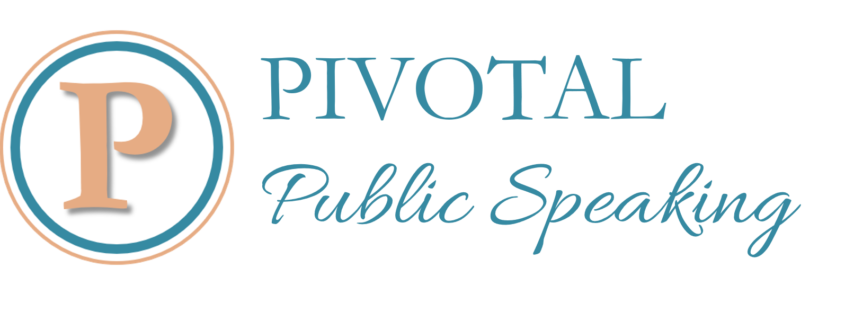It’s not just about being funny – 4 powerful skills honed over a decade on the comedy stage

Comedians are a funny bunch.
Sorry that’s a terrible pun, but
from the outside,
the comedian, throwing out jokes over a beer or two in a social situation is what we mostly think of as funny
and yet what we often get from a stand-up comedian is a very deep insight into who we are as humans.
And that’s certainly what we get from Hannah Gadsby.
AND BEFORE YOU THROW UP YOUR HANDS IN HORROR AT HER CONTENT, let’s look at this person as a speaker, a user of the stage, a deliverer of incredibly thought-provoking messages, whatever they may be.
I watched her hugely successful Netflix show, Nanette, and was moved, enlightened, impressed and … entertained.
Today I discovered her speech to the Hollywood Reporter’s annual Women in Entertainment event, and while I found it just as impressive, I wanted to know, as a public speaking enthusiast, just what it is that makes this speaker so powerful.
These are the four reasons I found, in a relatively short space of time. I’m sure there are more and I would love you to add them in the comments;
and many of them are skills she has obviously been studying and perfecting over her decade as a stand-up comedian.
The Opening

She spoke to a breakfast audience, unsettled, gathering their food, chatting and moving around the room. Watching her get attention, was watching a professional – gentle but commanding, humorous and engaging, but owning her position. I don’t know if she was nervous, but that ability and the confidence to pace and pause, to connect and command only comes from years of experience. We can, however, see the techniques she used.
Relaxed but focussed stance and movement- like a prowling big cat.
Facial expression – more on that later
Situational humour that can be shared by everyone in the room.
Self-deprecating humour (though that may not have been obvious)
Establishing the boundaries of how much she is prepared to allow in the situation
Personal connection with individuals in the audience
Honouring the audience
Facial expression
Hannah’s expression can change dramatically many times in a short period of time. It is incredibly expressive.
Hannah often uses the phrase “reading the room” and her skill at that is obvious here.
One of the most powerful uses she has for her changes of facial expression is to acknowledge the comedy, especially wry comedy in what she is saying or has just said. It’s a skilled communicator’s ability to ask “See what I did there?” with the quirk of an eyebrow, or grimace with the mouth in a moment that engages deeply with an audience – sharing and acknowledging their likely response to the material.
Build and Release of Tension
This is another technique that Hannah often acknowledges in interviews.
I have seen it referred to as energy by some speaking commentators.
There is the first section of her speech which is about “Good men”, which increasingly expresses her irritation with said “good men” with the occasional release “Some of my best friends are “Jimmies” and “Men are not creepy, spiders are creepy”
which allow us to come up for air as we descend into the anger and irritation, to be hit with the classic “Rejecting the humanity of a woman is not creepiness, it is misogyny.” The very strong denigration of good men who do bad things concludes that women need to be in control of that line is the peak of this section. The audience breaks into applause.

The energy changes entirely, then, releasing the tension as she hits the point that applies to her audience –
some of the most powerful storytellers on the planet.
Storytelling
Part of the success of this tension variance is that Hannah has used the story arc to good effect as the structure for her presentation.
But I think the presentation lacked the stories she told as a comedian – the personal stories. I know she has vowed not to use self-deprecating (what she has called “humiliating”) humour. And that is fine, absolutely understandable and well-justified. But an audience, or any converational listener, needs to hear the source of the hurt that is generating bitterness and strong, powerful opinions. Yes, Hannah you are now in a position of amazing power as a storyteller, and I love that you have chosen to use that power to create change, but you need to lighten the harshness of your power, with personal stories – that lower the energy and create much more connectedness than powerful opinions on their own, no matter how clever and insightful they are and no matter how very much we need to hear them.
Conclude
A powerful call to action couched in honour for her audience, and a piece of situational humour to close.

We all, as storytellers, have this obligation, to create a change for the better. Thank you for reminding us and leading the way, Hannah Gadsby.

